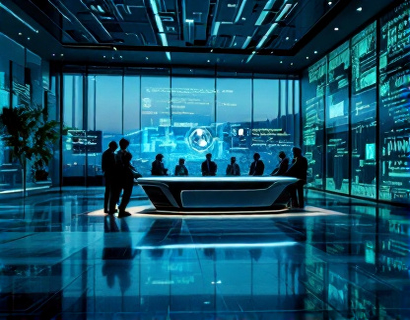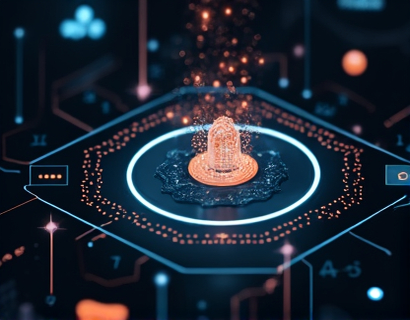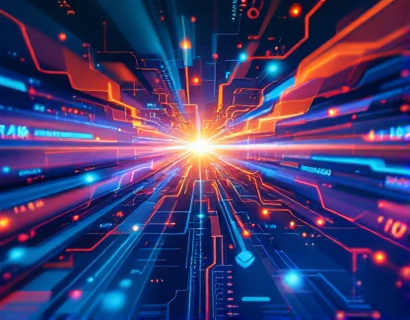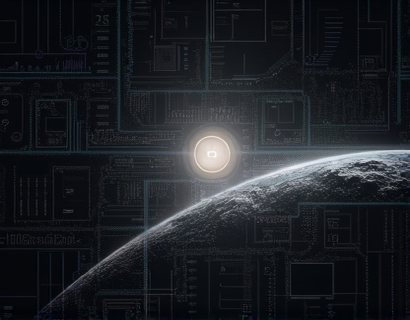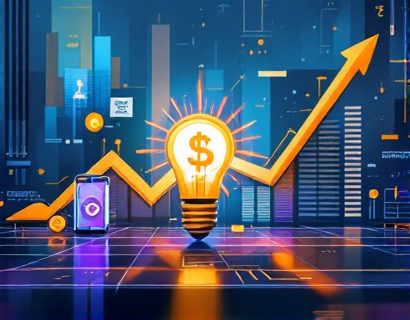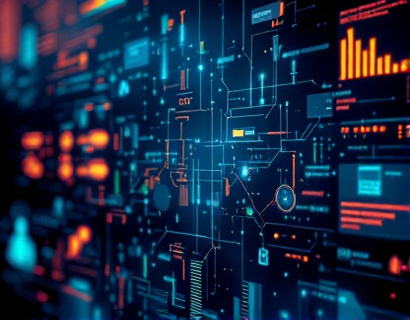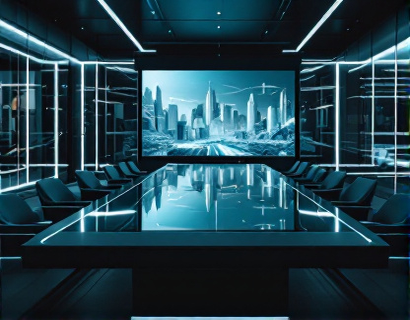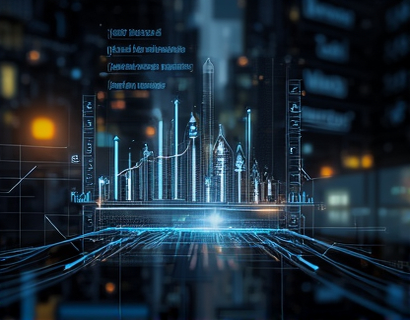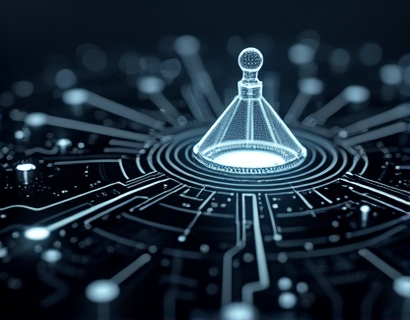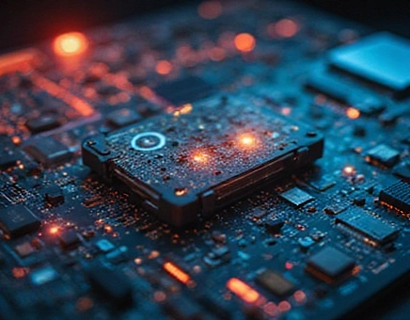Elevate Your Restaurant: Expert Management Software for Streamlined Operations and Enhanced Customer Experiences
In the competitive world of dining, restaurant owners and managers face numerous challenges daily. From managing staff schedules and inventory to ensuring seamless customer service, the tasks can be overwhelming. However, with the advent of expert management software, these challenges can be significantly mitigated. This software is designed to optimize operations and enhance customer experiences, streamlining workflows and communication to deliver exceptional dining experiences while boosting efficiency.
The primary goal of implementing such software is to create a more organized and efficient restaurant environment. By automating routine tasks and providing real-time data, restaurant management software allows owners and managers to focus on what truly matters: providing an outstanding dining experience for customers. This article delves into the various ways expert management software can transform a restaurant's operations and customer interactions.
Streamlining Internal Operations
One of the most significant benefits of restaurant management software is its ability to streamline internal operations. Managing a restaurant involves numerous moving parts, and keeping everything in order can be a daunting task. Here are some key areas where the software can make a substantial difference:
- Staff Management: Scheduling, time tracking, and attendance can be managed efficiently. The software can automatically generate schedules based on sales forecasts, employee availability, and legal requirements, ensuring that the right staff is on duty at the right times.
- Inventory Control: Real-time inventory tracking helps prevent overstocking or stockouts. The software can alert managers when items need to be reordered, reducing waste and ensuring that popular items are always in stock.
- Financial Management: Automated financial reporting and accounting features provide a clear overview of the restaurant's financial health. This includes tracking revenue, expenses, and profit margins, making it easier to make informed business decisions.
- Order Management: From taking orders to processing payments, the software can handle the entire order lifecycle. This reduces errors and speeds up service, leading to higher customer satisfaction.
By automating these tasks, restaurant managers can allocate more time to strategic planning and customer interaction, ultimately leading to a more efficient and productive workplace.
Enhancing Customer Experiences
Customer experience is crucial for the success of any restaurant. Expert management software can significantly enhance this aspect by improving various touchpoints in the customer journey:
Firstly, reservations and waitlist management become more efficient. Customers can easily make reservations online, and the software can manage waitlists, sending notifications when tables are available. This not only improves the customer experience but also helps manage table turnover.
Secondly, customer feedback and reviews can be collected and analyzed in real-time. This feedback is invaluable for making quick improvements and addressing customer concerns. The software can send thank-you messages and follow-up surveys, fostering a sense of appreciation and loyalty.
Additionally, loyalty programs can be managed seamlessly. The software can track customer visits, reward points, and special offers, making it easier to retain customers and encourage repeat business. Personalized offers based on customer preferences and history can further enhance the dining experience.
Improving Communication and Collaboration
Effective communication and collaboration among staff are essential for a smooth-running restaurant. Management software facilitates this by providing several tools:
First, in-app messaging allows staff to communicate quickly and efficiently. This is particularly useful for coordinating during busy periods or when staff are spread across different areas of the restaurant.
Second, shared access to information ensures that everyone is on the same page. Managers can share important updates, policy changes, and operational details with the entire staff in real-time, reducing misunderstandings and errors.
Third, task and reminder notifications help keep staff organized. The software can send reminders for tasks such as cleaning, equipment checks, and order preparation, ensuring that nothing is overlooked.
Boosting Efficiency and Productivity
The cumulative effect of streamlined operations, enhanced customer experiences, and improved communication is a significant boost in efficiency and productivity. Here’s how:
First, reduced operational costs are a direct result of better inventory management and reduced waste. By knowing exactly what is needed and when, restaurants can minimize excess purchases and spoilage.
Second, increased productivity among staff leads to faster service and higher throughput. Automated scheduling and task reminders ensure that staff are always prepared and know what needs to be done.
Third, data-driven decision making is facilitated by the comprehensive analytics provided by the software. Managers can make informed decisions based on real-time data, leading to better business outcomes.
Conclusion
Expert management software is a powerful tool for restaurant owners and managers looking to elevate their operations and customer experiences. By streamlining internal processes, enhancing customer interactions, and improving communication, such software can transform a restaurant into a well-oiled machine. While the initial investment in technology may seem daunting, the long-term benefits in terms of efficiency, customer satisfaction, and profitability make it a worthwhile endeavor. As the dining industry continues to evolve, embracing expert management software will be crucial for staying competitive and successful.











